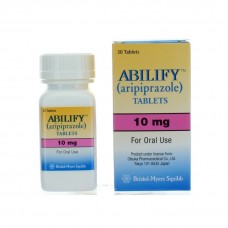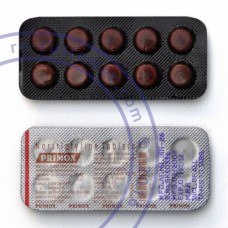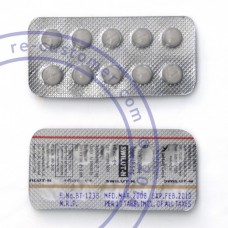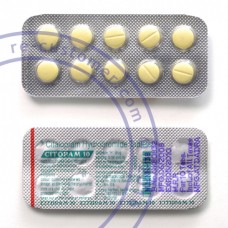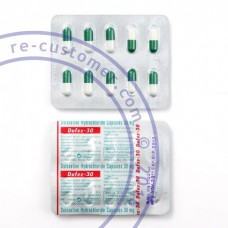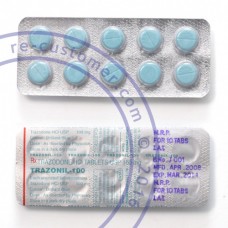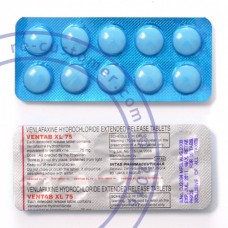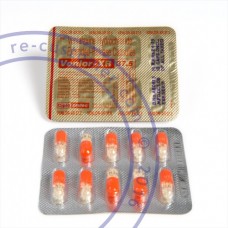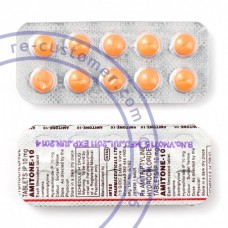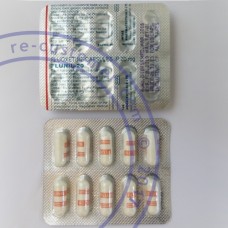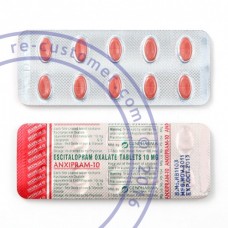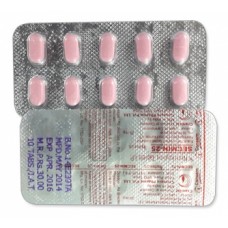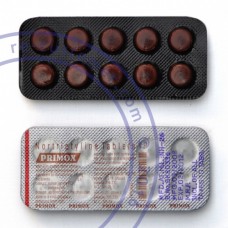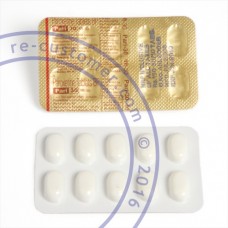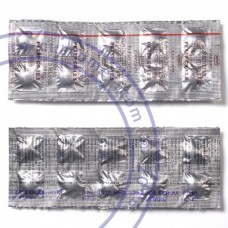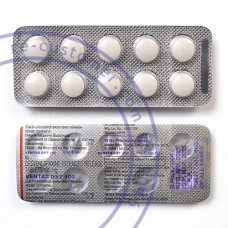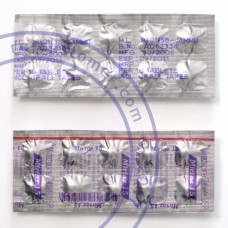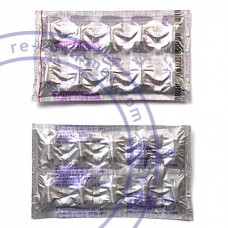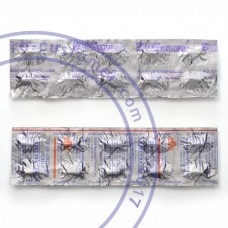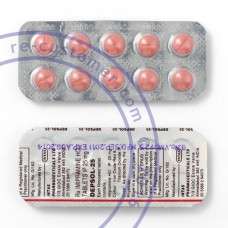
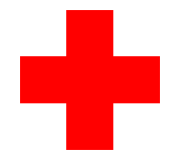
Antidepressants are a class of medications primarily used to treat depression. They work by balancing chemicals in the brain that affect mood and emotions. These medications have proven to be effective for many individuals, offering relief from the symptoms of depression and improving overall quality of life.
Types of Antidepressants
There are several types of antidepressant medications, each functioning in a slightly different way. The most common types include Selective Serotonin Reuptake Inhibitors (SSRIs), Serotonin and Norepinephrine Reuptake Inhibitors (SNRIs), Tricyclic Antidepressants (TCAs), and Monoamine Oxidase Inhibitors (MAOIs). Each type of antidepressant targets different neurotransmitters in the brain to help alleviate symptoms of depression.
SSRI Antidepressants
SSRI antidepressants are often considered the best antidepressants for many patients due to their favorable side effect profile compared to older classes of antidepressants. SSRIs work by increasing the level of serotonin, a neurotransmitter associated with mood regulation, in the brain. Popular SSRIs include Prozac, Zoloft, and Lexapro.
Antidepressant Side Effects
While antidepressant medications can be highly effective, they are not without side effects. Common side effects include nausea, weight gain, fatigue, insomnia, dry mouth, and sexual dysfunction. It is important for patients to discuss potential side effects with their healthcare provider to manage them effectively and to find the most suitable medication.
Natural Antidepressants
In addition to prescription medications, some individuals explore natural antidepressants as alternatives or complements to traditional treatments. These can include lifestyle changes such as regular exercise, a healthy diet, adequate sleep, and stress management techniques like meditation and yoga. Certain supplements, such as St. John's Wort and Omega-3 fatty acids, are also believed to have mood-boosting properties, although their efficacy can vary.
How Do Antidepressants Work?
The mechanism of action for antidepressants involves altering the levels of neurotransmitters in the brain. Neurotransmitters are chemicals that transmit signals between nerve cells. By increasing or balancing these chemicals, antidepressants can help improve mood, relieve anxiety, and boost overall mental well-being. The specific mechanism depends on the type of antidepressant, with SSRIs, for example, primarily affecting serotonin levels.
Antidepressants for Anxiety
Many antidepressants are also effective in treating anxiety disorders. Conditions such as generalized anxiety disorder, social anxiety disorder, and panic disorder often respond well to antidepressant therapy. SSRIs and SNRIs are commonly prescribed for these conditions due to their efficacy in reducing anxiety symptoms and their relatively manageable side effect profiles.
Antidepressant Withdrawal
Stopping antidepressant medications abruptly can lead to withdrawal symptoms, also known as antidepressant discontinuation syndrome. Symptoms may include dizziness, headache, nausea, irritability, and flu-like symptoms. To avoid these effects, it is essential to taper off the medication gradually under the supervision of a healthcare provider. Properly managing the discontinuation process can help minimize withdrawal symptoms and ensure a smooth transition off the medication.
Conclusion
Antidepressants play a crucial role in managing depression and anxiety for many individuals. Understanding the different types of antidepressants, their mechanisms of action, potential side effects, and the importance of proper discontinuation can help patients and healthcare providers make informed decisions about treatment. While natural antidepressants and lifestyle changes can be beneficial, they are often most effective when used in conjunction with prescribed medications. Ultimately, finding the right treatment plan is a highly individual process that requires careful consideration and professional guidance.
Recently many people that live in large cities suffer from depression. The rapid pace of life, fatigue, poor environmental conditions, lack of vitamins, stress - all this contribute to its development.
It is a psychological disorder that manifests in lack of emotion, inability to experience pleasure and desire to live. It is a disease which is treated with antidepressants. Clinical depression can occur in people of all ages (even in children 5 years old) but mostly in 25 to 45 years old. Men face this problem really often. This condition leads to poor health and disability to work. It is the most common cause of committing suicide.
People who are depressed lose interest in those things which they used to like, do not get pleasure from life, becomes lethargic and apathetic, suffer from disorders of sleep and appetite, constant fatigue, have a feeling of helplessness and hopelessness, lose sexual interest, lose weight or gain weight, cannot concentrate on anything or decide. Many are plagued by unexplained fears and anxiety.
To make diagnosis symptoms must last at least two weeks but also these conditions may be the result of other diseases.
Before starting to use drugs make sure that you don’t have a neurosis.
Unfortunately many tips to treat depression are simple and not always effective. People are recommended to walk on fresh air, chat with friends and play sports. These tips do not work for everyone so many people is interested about what antidepressants without a prescription can be useful in this situation.
Depressions develop because of a lack of certain nutrient in brain cells. To fill the lack of them usually use herbal antidepressants.
Depression was not recognized as a disease for a long time. Reduced self-esteem, motor retardation, apathy, sometimes aggression - all this considered as a normal stage which will pass away. But over time the researchers found a time limit after which it is necessary to see a doctor. If within four to six months patients still experience those symptoms then depression can be considered as that one which requires treatment.
It should be noted that these medicines do not act immediately. The effect begins to manifest only after three to four weeks of using. During this time, the antidepressant interferes in the processes of interaction between brain cells and begins to promote change in the ratio of norepinephrine, serotonin and dopamine.
Prescribing of the drug also include choosing of dosage. Another important point is ending to consume antidepressants. You cannot stop taking it at any time because it is dangerous to health. If the patient feels the improvement and refuses antidepressants then depression can come back and be much stronger.
You should know that antidepressants only affect the symptoms of depression but does not affect the cause. That is why some tablets treatment fails. You should also use psychotherapy in which the doctor will find out the cause.
However, only half of cases (55%) when these drugs were prescribed were intended to treat depression. Doctors prescribed this medicine in anxiety disorders (18.5%), insomnia (10%), chronic pain (6%) and panic disorder (4%). In some cases they are recommended to treat these conditions - such as migraines, digestive disorders or attention deficit syndrome, bulimia and problems with the urinary system.



